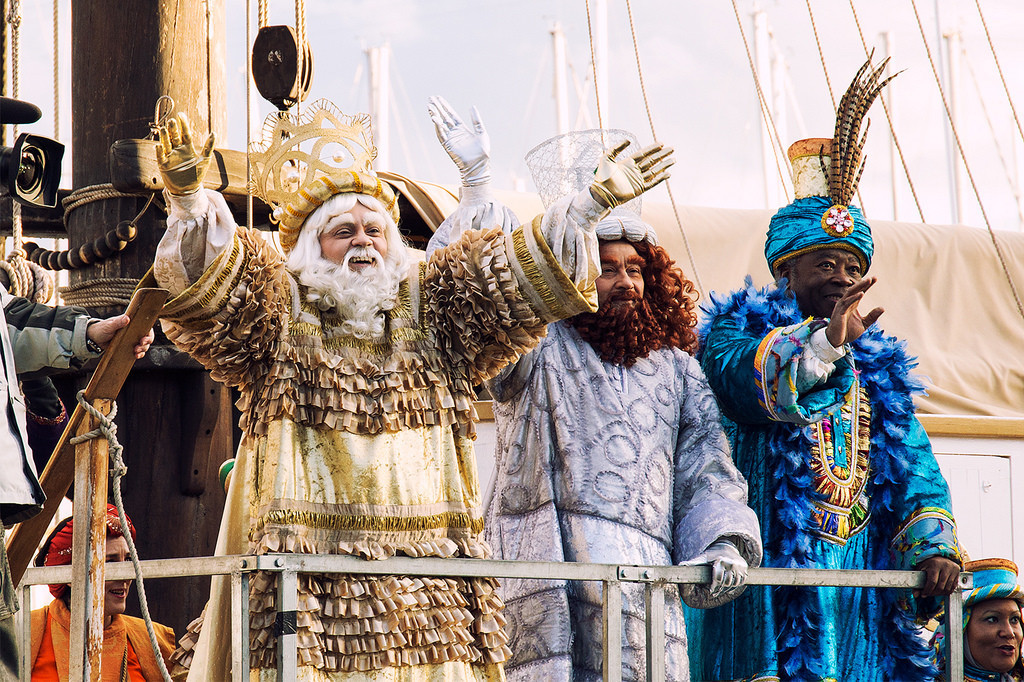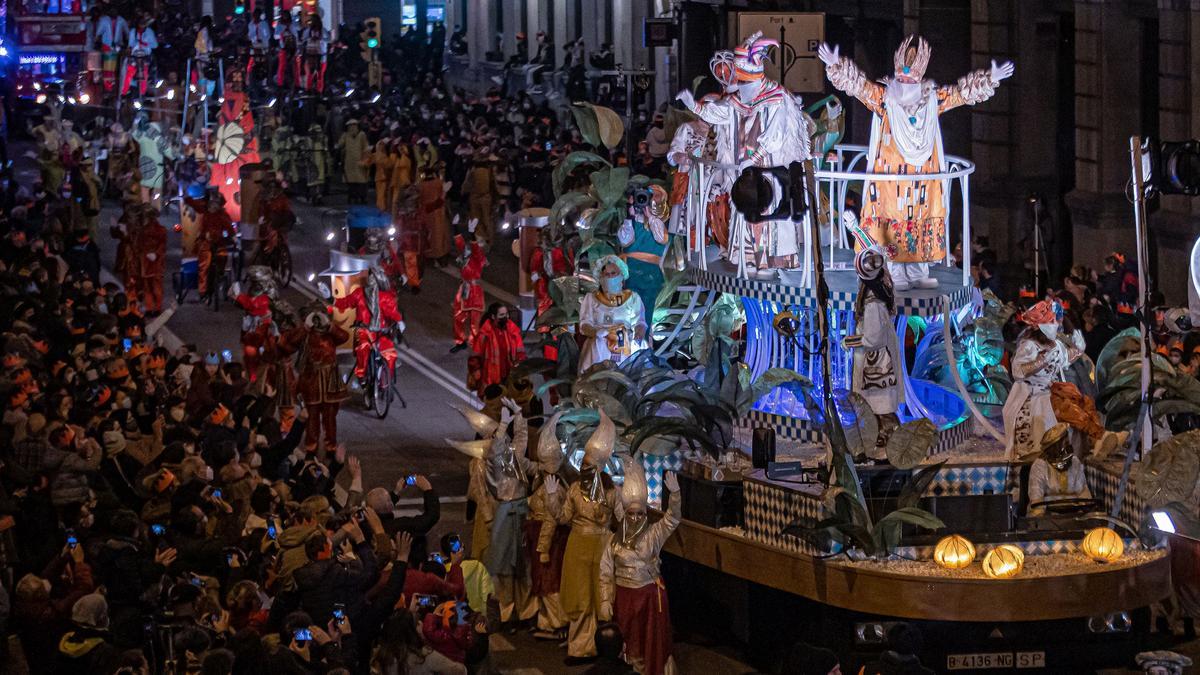
The arrival of the Three Kings of Orient on the night of the 5th of January, the most magical night of the year, is a cherished tradition in Spain, marking the culmination of the Christmas season.
In Spain, the arrival of the Three Kings, also known as the Magi or the Wise Men, marks the end of the Christmas period. Also known as the Epiphany or the twelfth day of Christmas, this day holds great significance, especially for children, as the Kings are in charge of delivering their much-anticipated presents.
The anticipation for this moment builds throughout the Christmas season as families eagerly await the Three Kings Parade, or "Cabalgata de Reyes", on the evening of the 5th of January. This spectacle, featuring intricately designed floats, music, dancers, and costumed performers, pays homage to the legendary journey of the Three Wise Men - Melchior, Gaspar, and Balthazar - who followed the star to Bethlehem to present gifts to the infant Jesus.
Although each city, town and village has its own ‘cabalgata’, nowhere is this celebration more extravagant and dazzling than in the bustling cities of Madrid and Barcelona. In Madrid, the grandeur of the parade is awe-inspiring. Elaborate floats adorned with twinkling lights wind through the streets, accompanied by marching bands and performers in lavish costumes. The air is filled with excitement as spectators eagerly await the moment when the Three Kings themselves make their appearance, showering the crowds with sweets.
Similarly, Barcelona's procession is a visual feast, combining traditional elements with modern touches. The parade here showcases the city's artistic flair, with imaginative floats reflecting Catalan culture and history. Thousands gather along the route, lining the streets to glimpse the majestic pageantry and receive treats tossed from the passing floats.

The highlight of the evening is the arrival of the Three Kings themselves, who are welcomed with great fanfare. Each riding atop their majestic float, they exude regal elegance, embodying the spirit of generosity and goodwill. Children wave excitedly, clutching their letters detailing their dearest wishes, which they will hand to the royal pages, hoping their requests will reach the attentive ears of the wise monarchs.
After the magical night, in which families leave biscuits for the Kings and water for their camels in every home, they will eagerly wake up hoping to find the presents that the Three Kings have left for them if they have been good. Those who haven't behaved might wake up to find a piece of coal instead!
The custom of gift-giving on this day, rather than on Christmas Day, is a unique aspect of Spanish culture, emphasising the significance of Epiphany and the arrival of the Three Wise Men. Families will then gather on the 6th of January for a special lunch, during which they will eat the traditional ‘Roscón de Reyes’, a sweet bread adorned with candied fruits and filled with surprises, such as small figurines or coins.
The tradition of Three Kings in Spain is a delightful blend of religious devotion, cultural legacy, and festive celebration. However, the real stars of this night are the children, who experience its magic with great excitement and will relive it every 5th of January for years to come.
For more information about the routes and schedules of the Madrid and Barcelona parades, visit the following links:
Three Kings Parade in Madrid: https://www.navidadmadrid.com/en/event/cabalgata-de-reyes
Three Kings Parade in Barcelona: https://www.barcelona.cat/nadal/en/three-kings/three-kings-parade

3.jpg)